LALA Hotel Story
Lala Boutique Hotel is located in a beautiful picturesque structure with a fascinating 19th century history.
The name, Lala, is taken from Kabbalah and is one of the 72 names of God. The name means good sleep and the realization of dreams, as well as the transition between the spiritual and material world.
The process of realizing your personal dream is called Lala.
When we created Lala, we made sure to retain the historical structure and its unique ambiance – the authentic floor tiles, the large Jaffa arches, the kurkar walls and even the 19th-century hook for tying horses were meticulously selected.
We believe that the true experience is in the fine details. That is why we created a personal and unique hospitality experience. The hotel consists of only 12 boutique rooms, offering individual service and recommendations for the most special places in Tel Aviv, an indulgent coffee and tea setting with light refreshments and uniquely decorated rooms with indulgent accessories.
The hotel is just a 15-minute walk from the Flea Market and Old Jaffa Port, close to many restaurants, bars and boutiques. We provide helmets for your convenience if you choose to rent a scooter and enjoy the full Tel Aviv experience!
For the foodies among you, we offer unique culinary workshops that you can request at an additional cost and upon prior scheduling.
So, what is it we say? Yalla Le Lala! Or, in modern jargon – #YALLA_LELALA
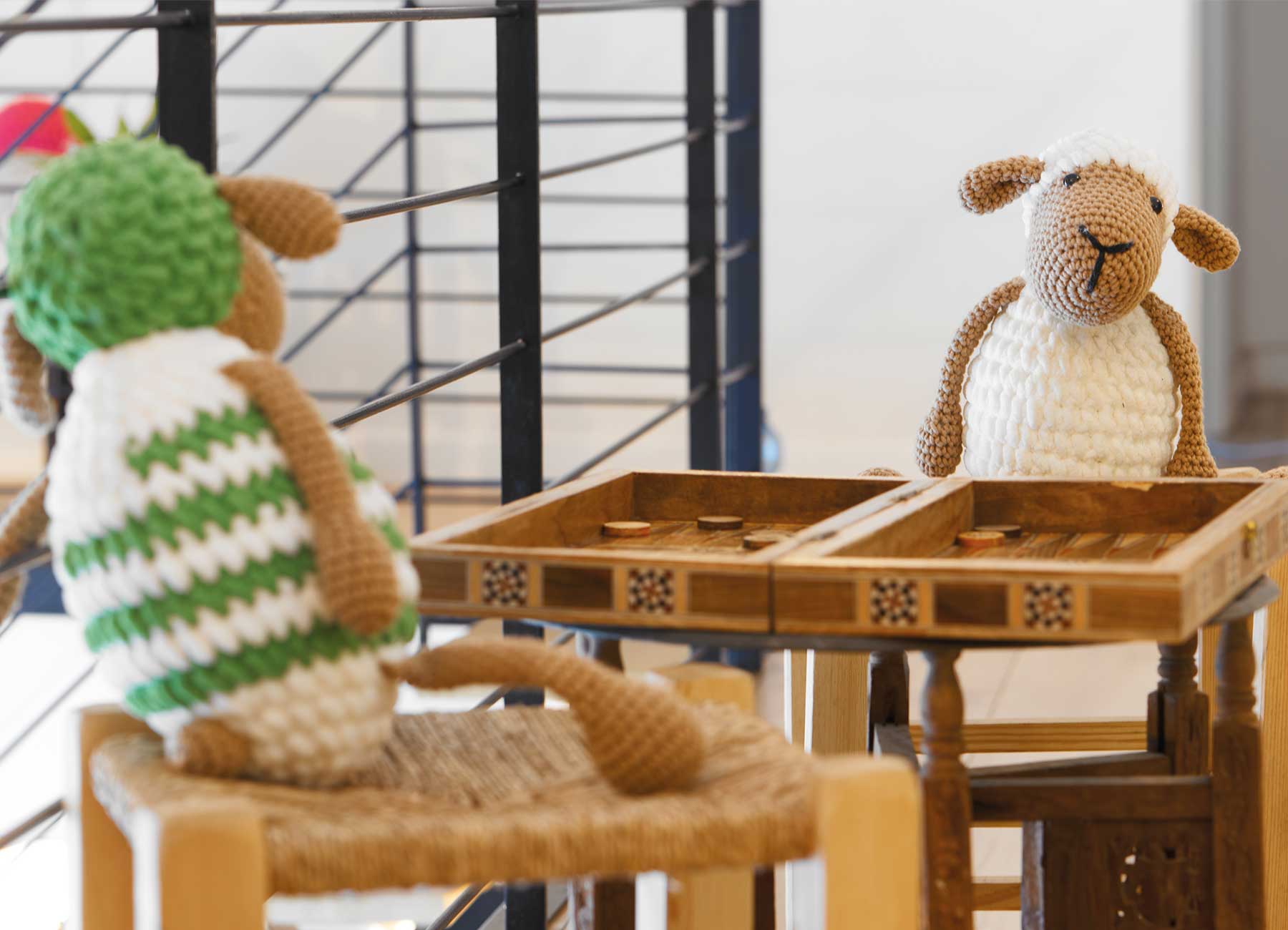
Some History
Jaffa in the 19th centery
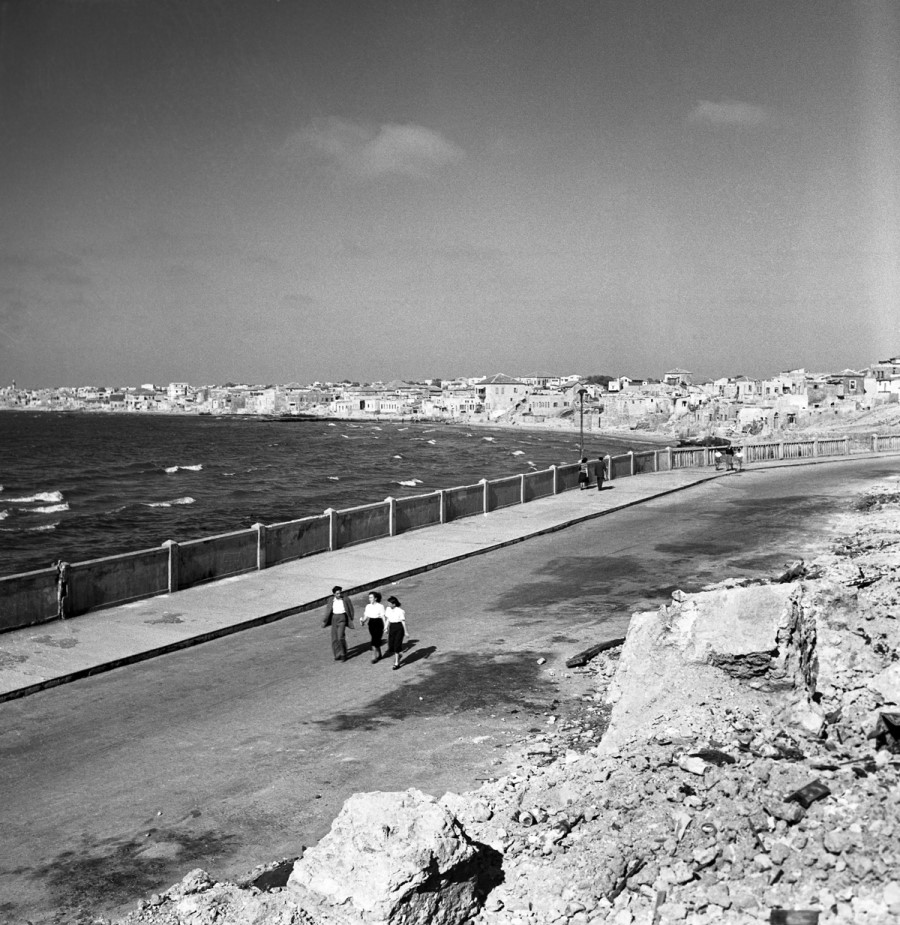
Photo: Rudy Wiesenstein ©
Israel has been under Turkish rule since 1517.
In the 19th century, the country and Jaffa, in particular, underwent accelerated development.
New waves of settlement are coming to Israel, many Europeans are settling in the city of Jaffa, and around it, agricultural settlements are being established: the American Colony, Sharona, and the Mikve Israel agricultural school.
Between 1879-1888 the city walls were demolished to allow for expansion and development in the city. New neighborhoods are being established around Jaffa – Ajami, Manshiya, Neve Tzedek / Neve Shalom.
In 1892, the railway between Jaffa and Jerusalem was inaugurated – the first in the country!
Jaffa orchards and well houses
One of the most significant branches of agriculture and commerce in Jaffa in the 19th century is the golden apple.
The orchards that surrounded Jaffa became the main part of the city. They have been described in literature, poetry, and painting. The orange was a source of livelihood, pride, and identity.
In the 20th century, the orchards disappeared from the landscape of Jaffa – during the First World War, the Turks cut down many orchards due to the growing need for wood, and finally, World War II led to the cessation of exports to Europe.
The JAFFA brand was adopted by the Hebrew community in Israel and continued to be used as an Israeli brand after the establishment of the state, even though the orchards of Jaffa no longer existed.
The citrus industry is a major consumer of water. To meet the needs of the orchards, wells were dug on the kurkar ridges from which the water was pumped to storage ponds, canals, and ditches around the trees.
Also in this building, Beit El Gaza, the first phase of its construction included a well, a pool, and a farm building next to them.
The well and the building are at the back of the building even today.
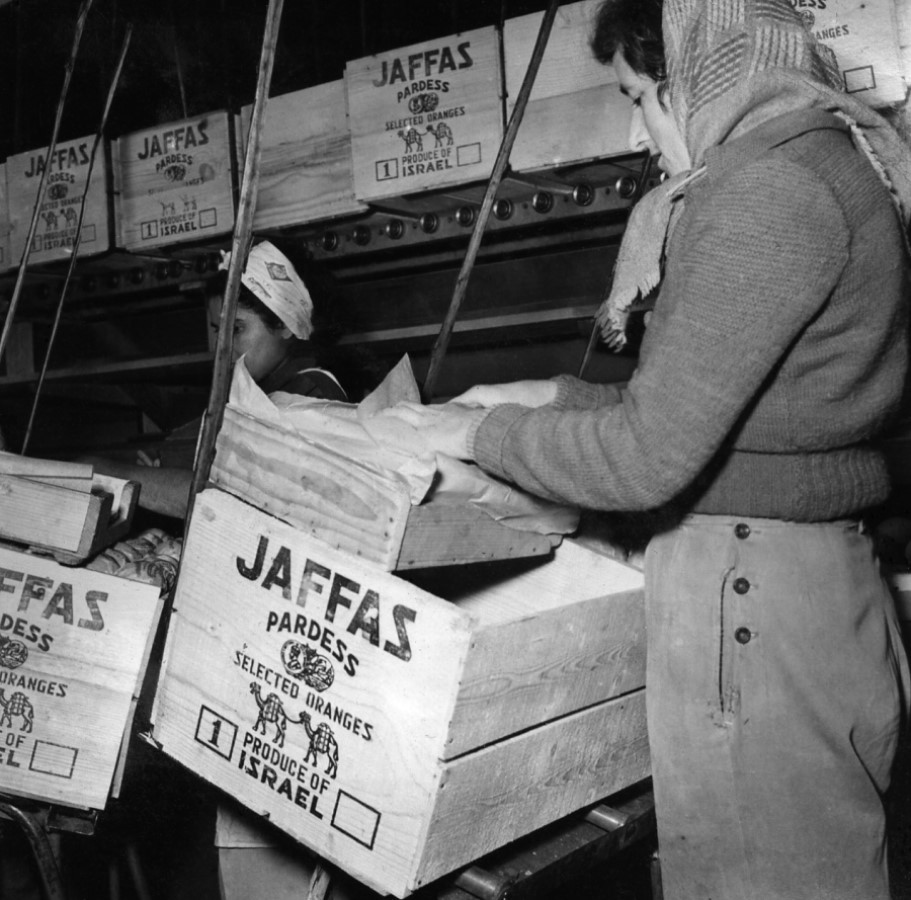
Photo: Rudy Wiesenstein ©
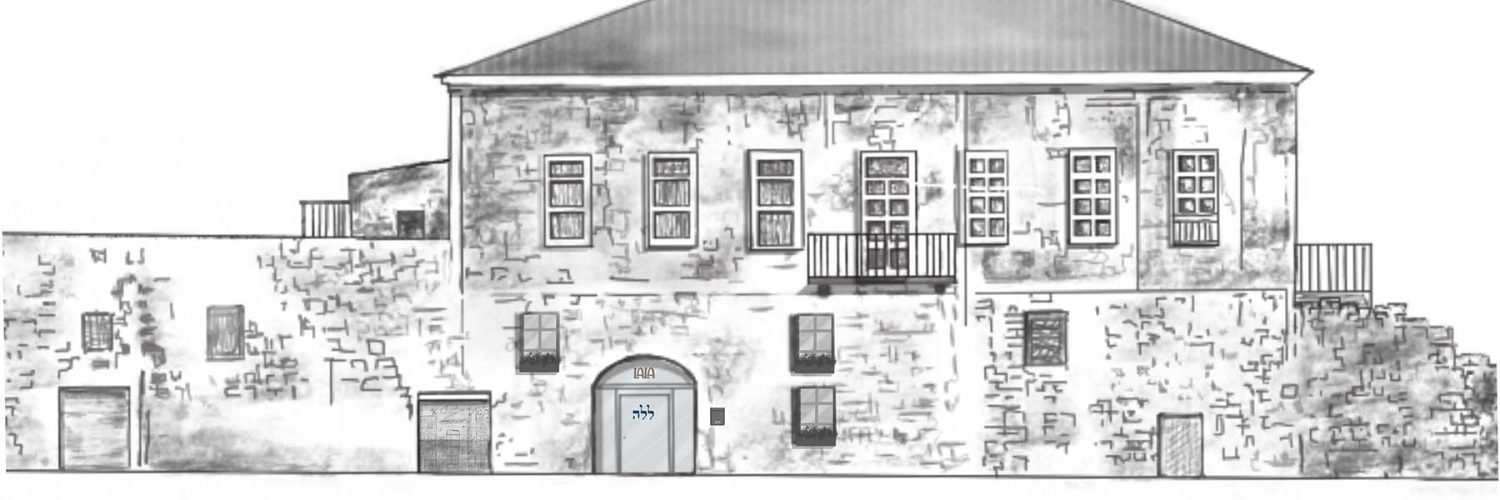
The Al Gaza family and the building
The al-Gaza family is an Egyptian family originally numbering 15,000 people worldwide.
The family came to Jaffa in the 1930s, during the reign of Sultan Ibrahim Pasha, and began buying many lands. The family had political and security cooperation with Sultan Abd al-Hamid II, in gratitude for their help the Sultan gave the family many lands in the country. To this day, the clan lives in the settlement of al-Aza, near Kiryat Gat.
The family had several houses in Jaffa: at least one in the Old City and four more built on a large plot of land adjacent to the historic Jerusalem Road.
Our building, Beit al-Gaza, served as the home of Grandfather Khalil al-Gaza, a man with many assets and considerable political influence in the area.
Where the hotel is located is the third phase added to the building that served as the family’s horse stable space.
It can be seen that a lot of design work has been invested in the columns in the stable space, which implies that the ground floor has also been used as a khan.
Remains of the original trough (look in the warehouse 😊) and of iron rings attached to the walls that were used to tie the animals (did you find one in the lobby? Another one hiding in room 2)
The second floor served as a luxurious living floor, with large spaces and a balcony.
And today
Lala – is a small boutique hotel, with 12 rooms. An intimate and special atmosphere with good energies
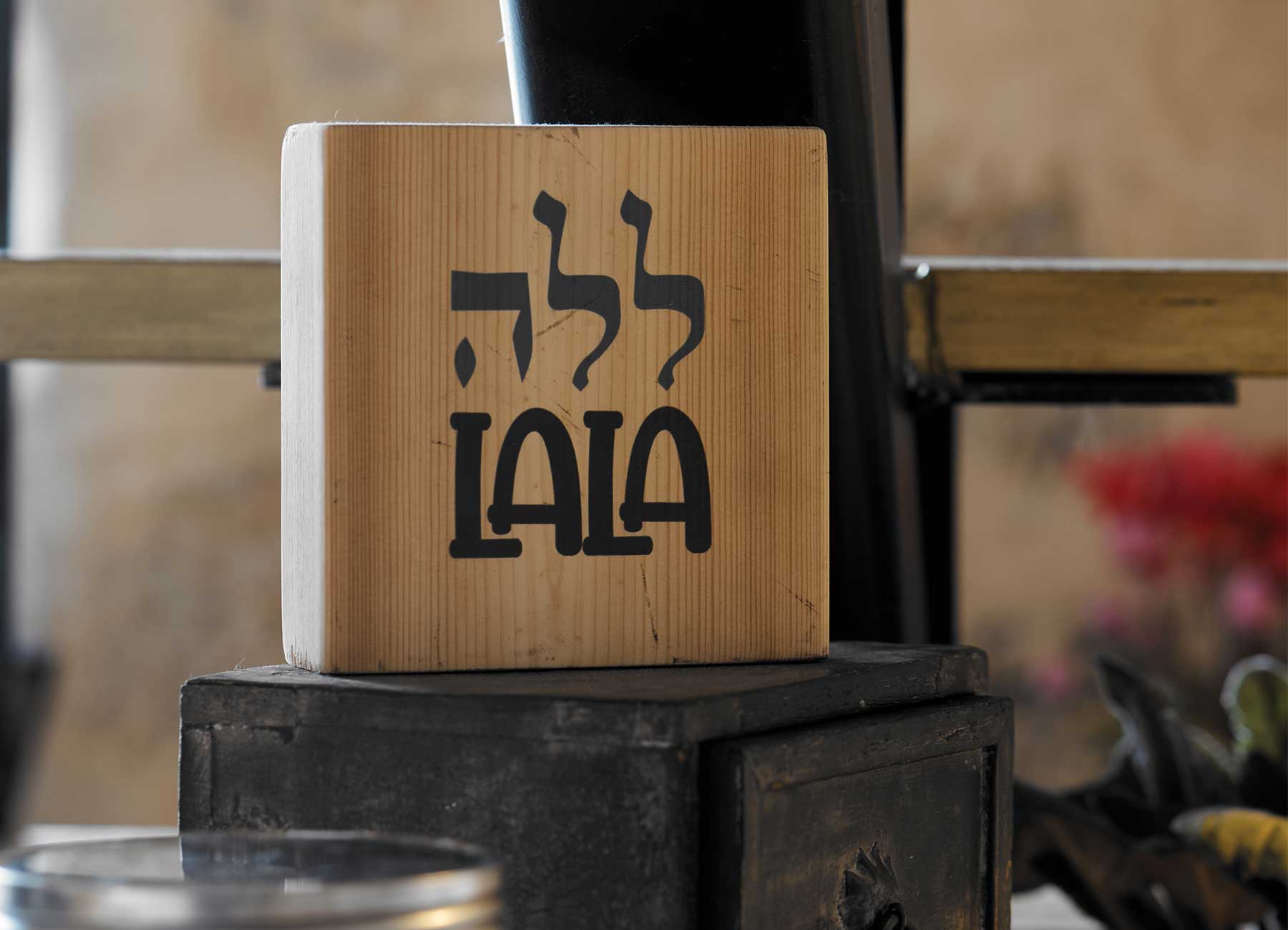
Lala – What is it?
In the Kabbalah, the Jewish occult, the names of the deity appear in 72 3-letter combinations.
By analogy, these letters inevitably hold the key to powerful energy channels in the universe. Each letter combination has its own virtues.
One of the combinations is Lela, which means good sleep and the fulfillment of dreams.
Also, the material virtue of the letter ‘L’ is sufficient to constitute an aid that mediates between the spiritual world and the material world, that is to say, it is the transition from spirit to materiality.
We dared to dream our ‘Lala’, and made the dream a reality.
Lala – from dream to reality!

